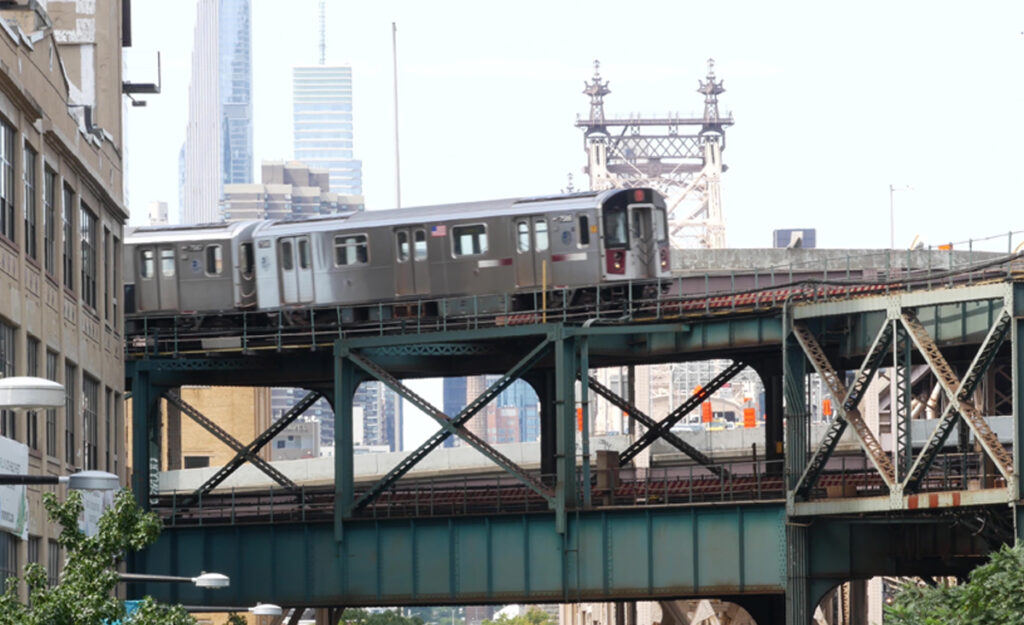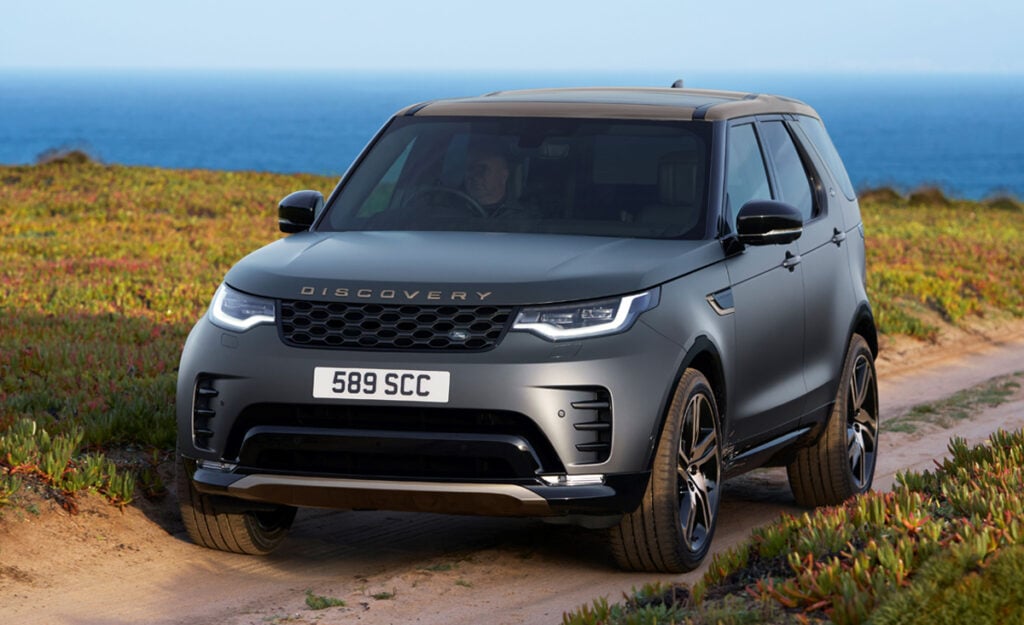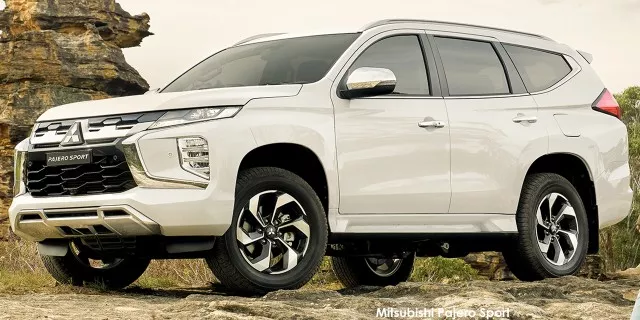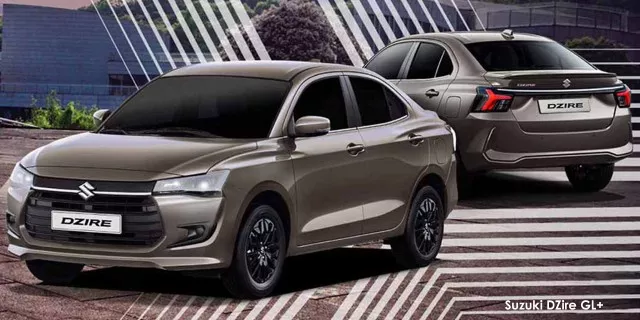2 major car brands closing dealerships in South Africa – Here’s what’s taking their place

South Africa was recently hit with the news that two major car brands – BMW and Volvo – are closing several of their dealerships.
For BMW, this has been a gradual process that has resulted in the closure of nine different outlets over the last few years.
Volvo, meanwhile, is set for a far more drastic shift that will shut the doors on 12 showrooms in the near future.
It’s also worth mentioning that Audi recently gave a vague statement about changing its business plans for South Africa in response to “market challenges” and a buying-down trend amongst consumers.
It’s possible that this could refer to potential dealer closures for Audi, but the automaker has yet to officially confirm or deny this.
At the same time that all of this is happening, new carmakers are expanding their presence in South Africa at a rapid pace, many of which are coming from a single country.
BMW

In 2015, BMW featured a network of 55 dealerships throughout the country, but this number dropped to 46 outlets by the end of 2024.
In other words, BMW has closed nine dealers in as many years in South Africa, a decline of 16% from its former size.
This shift is paralleled by a drop in sales for the German carmaker, which sold a total of 24,521 units in 2014, according to data from the Automotive Business Council.
By the end of last year this figure sat at 12,145 units, meaning the brand witnessed an over-50% decrease in sales in the last decade.
A spokesperson revealed to TopAuto that the closures were due to a number of factors, including:
- Trading conditions
- Scaling down to service-only operations
- Consolidation to achieve operating efficiencies
The US dollar/rand exchange rate has also proven to be a major problem, dropping from R10.20/dollar in 2013 to R18.88/dollar.
“Therefore, all brands needed to increase vehicle prices above normal inflationary and production cost increases, which also placed the premium segment into a new price bracket, encouraging a buying-down trend,” explained a BMW spokesperson.
However, the brand noted that its sales have stabilized over the last five years and that it experienced growth within the last two consecutive years.
Volvo
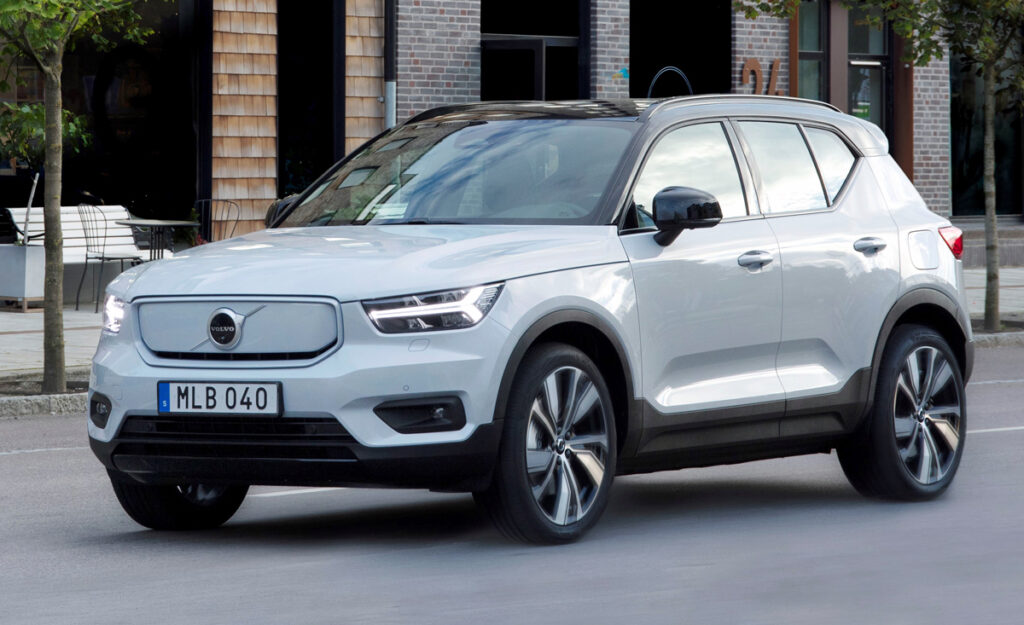
Volvo Car South Africa (VCSA) confirmed to TopAuto that it plans to shut 12 out of its 19 dealers in the country in the near future.
A company representative said that this measure was part of a “long-term brand strategic realignment,” but that it remains fully committed to our market.
IOL previously reported that VCSA began issuing notices to implicated outlets and that it unexpectedly collected vehicles from dealer showrooms ahead of agreed-upon closure dates, leaving the showrooms without any display models.
The move has been criticized by various industry stakeholders, including one dealer manager who claimed that they had invested R10 million in their facility, and only expected to receive R500,000 in parts buy-backs following the site’s closure.
The Motor Industry Staff Association (Misa) also criticised the strategic realignment, claiming that VCSA didn’t inform it of its plans despite Misa representing over 66% of Volvo’s local workforce.
VCSA explained to TopAuto that its higher-ups previously visited all its sites in 2024 to evaluate aspects important to the brand.
The decision on which dealerships to close was “based on those aspects as well as the sales potential for each location,” it said.
The official closure dates for the affected dealers has yet to be revealed to the public, though Volvo said it expects the process will be completed by the end of Q2.
VCSA neither confirmed nor denied that it collected vehicles from dealers before agreed-upon closure dates.
It did say, however, that none of its employees are expected to lose their jobs as part of the restructuring, though this includes the caveat that dealer staff are not technically considered Volvo employees.
New competition

While premium brands like BMW and Volvo have been scaling back their presence in South Africa, new carmakers from China have been rapidly expanding with widespread dealer networks.
Chery, for example, relaunched here in 2021 and has since opened up 95 dealerships across the country – a number that is set to grow even bigger in the near future.
A more recent example of this is Jetour, which made its debut in September 2024. With the span of six months, the Chinese automaker has already established 47 new outlets.
The brand has more ambitious plans for our market that will likely see the addition of several more storefronts by the time all of its promised models go on sale at the end of 2027.
The success of these Chinese brands, as well as those from India and Japan like Mahindra and Suzuki, are reflective of an ongoing shift in the South Africa auto scene, as households are moving away from legacy badges towards more affordable options.



